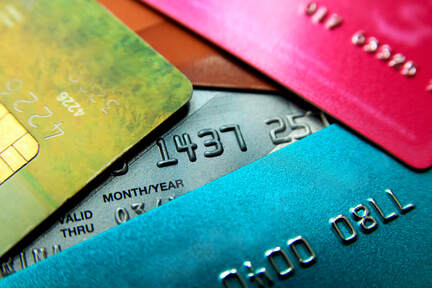 While store credit cards might seem like a safe option compared to general-use credit cards, the truth is they can get cardholders into serious debt if not used responsibly. However, if used correctly, they can save money on both big-ticket items and smaller everyday things. If you’re thinking about opening a store credit card, below are some perks and pitfalls to consider when deciding if it’s the right decision for you and your finances.  In December the Federal Reserve raised interest rates for just the second time in the last seven years. While the details of how much and when the Fed changes interest rates are subject to the speculation of economists, one thing is certain: a rise in interest rates has a definite effect on consumers. And, with the Fed signaling its intent to raise rates several more times throughout 2017, consumers should consider the potential impact that a rising interest rate environment can have on their wallets. These tips are intended to help you do just that. 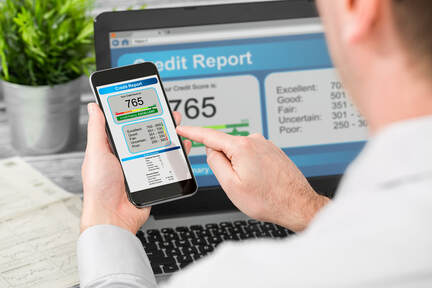 How your credit score is calculated and the impact it can have on your life is a mystery to many. However, credit scores and the ways in which they’re used are actually pretty straightforward. It’s smart to be aware of this information to ensure your credit score remains as high as possible, especially if you plan to make a large purchase in the near future. Below are basic tips and information to give you a better understanding of your credit score. 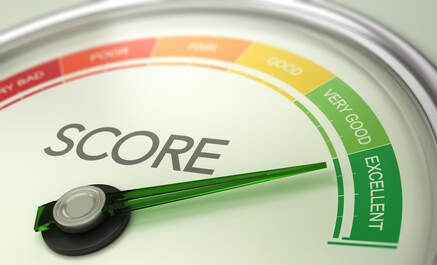 Tips for College Grads and Everyone Else Everyone has to begin building credit at some point, although it can be a tricky situation. Without a credit card, it’s hard to build credit history. Without credit history, it’s hard to qualify for a credit card. Following college graduation is often when individuals apply for their first credit card but there are many others who don’t start building credit until years after they’re eligible. If you’re under 21 years old, you’ll need either a card co-signer or a verifiable income to prove you can repay your credit card. 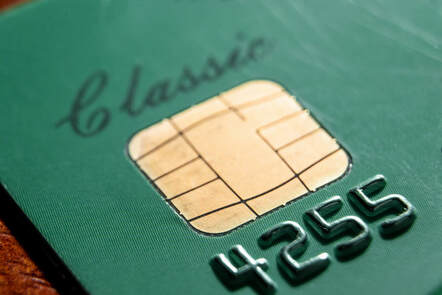 Recent data breaches and identity theft reports have heightened consumer aware-ness around the security of payments. Consumers may find themselves asking, “How can I better protect myself and my personal financial information?” EMV cards, also known as chip cards, allow consumers to conduct all of their daily card transactions with added security features to protect their information. And more than likely, EMV cards are coming to a bank near you soon.  April is National Financial Literacy Month, which makes now an ideal time to start planning activities that will support the national focus on financial education. The Pennsylvania Association of Community Bankers encourages parents, teachers and community leaders to shine a spotlight on this important topic in April and throughout the year. By making financial education a family priority, children learn the value of budgeting, saving, investing and using credit wisely. For many, the path to financial success starts in the home, often by watching their parents’ buying decisions for the household. The following tips can provide the foundation necessary to help children make sound financial decisions for the rest of their lives.  It happens to almost all of us at some point, unfortunately—your wallet, checkbook or purse is either lost or stolen. The key to mitigating potential damage that may result, which can range from unauthorized charges to identify theft, is to take immediate action. The maximum time to wait is 24 hours but sooner is better. It’s also important to know the contents of your wallet—including all credit cards, health insurance cards, gift cards, etc. and the contact number provided on the back of each. Listed below are the steps to take if you ever find yourself in this undesirable situation. 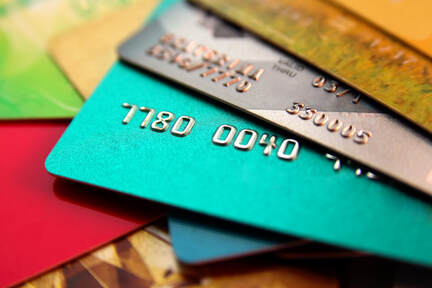 We are bombarded with applications for credit cards offering special rates, awards, points and prizes if we use one card over another. All of it is designed to convince us to buy things NOW. In addition to a credit card, most of us also have a debit card attached to a personal checking account. With all these payment choices, how do you know which one is the best to use, and when? First, know the difference between the two cards.  Research shows that only one-third of parents discuss financial issues with their children, and only one out of seven parents believes their children have a solid understanding of financial matters. In addition, the majority of children determine their attitudes about money by the time they finish fifth grade. As a result, many states are beginning to emphasize the need for personal finance education for children. Below are ten personal finance principles that every child should know. 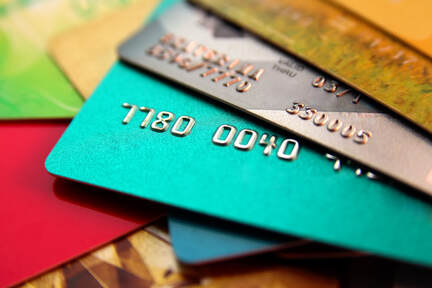 We’ve all heard stories about college students who racked up thousands of dollars in credit card debt. These cautionary tales remind parents about the importance of protecting their children from making bad financial decisions. But, even more so, these stories serve as reminders that newly minted high school graduates can make “adult” decisions that will haunt them for years to come. As millions of high school seniors prepare to graduate later this month, it’s a natural time for these young adults to look forward to greater independence, responsibility and the realities of adulthood. This is also a natural time for parents to sit down with their children to talk about the dangers of credit cards and how to use them responsibly. As part of this conversation, parents need to educate their children about how credit works and empower them to take an active role in their financial future by using credit responsibly. |
AuthorWrite something about yourself. No need to be fancy, just an overview. Archives
December 2017
Categories
All
|
|
Pennsylvania Association of Community Bankers
800 N. 3rd Street, Suite 304 Harrisburg, PA 17102 Phone: (717) 231-7447 [email protected] | sitemap (C) All Rights Reserved Our Privacy Policy Our Copyright Policy |
"To empower community banks to make positive impact within the communities they serve."
|
